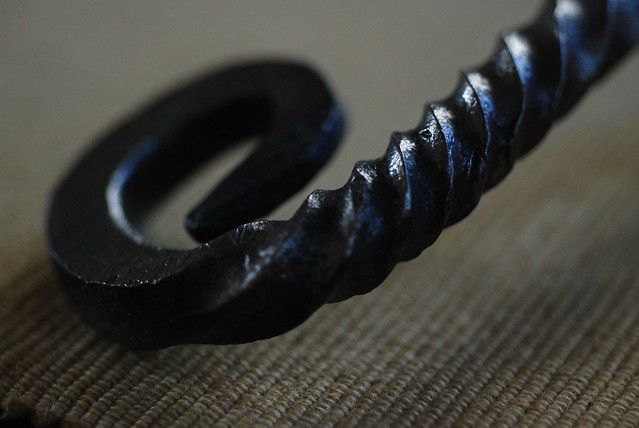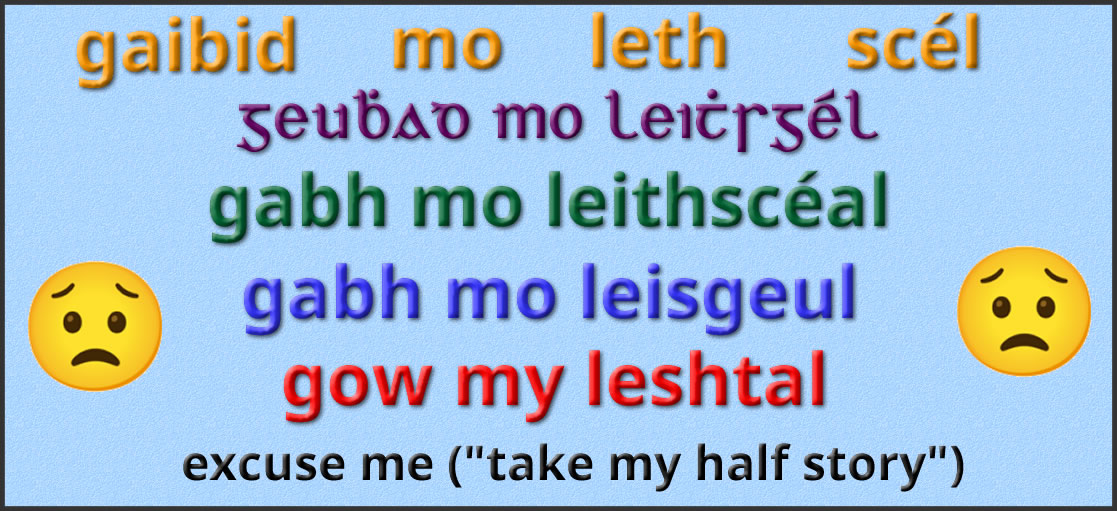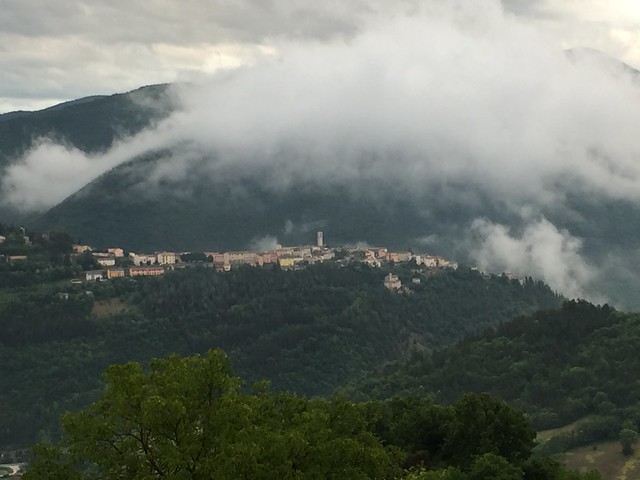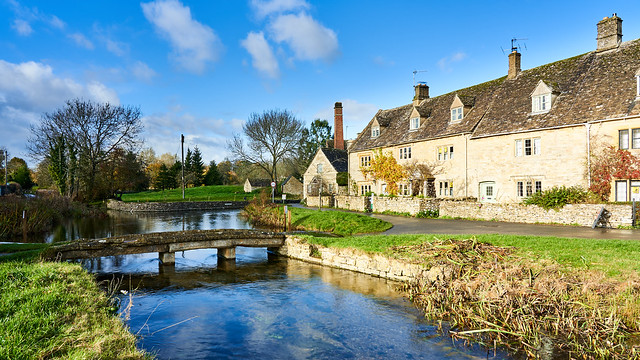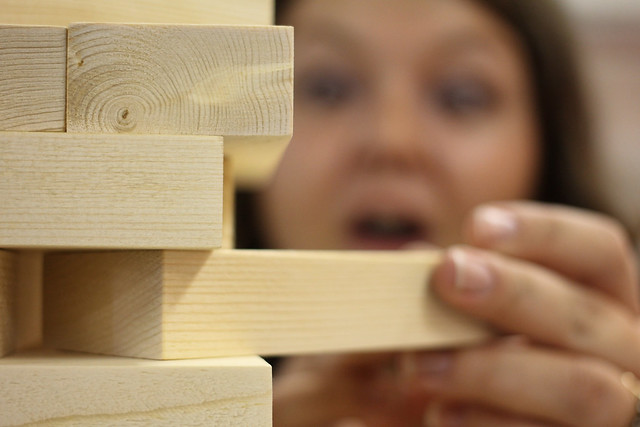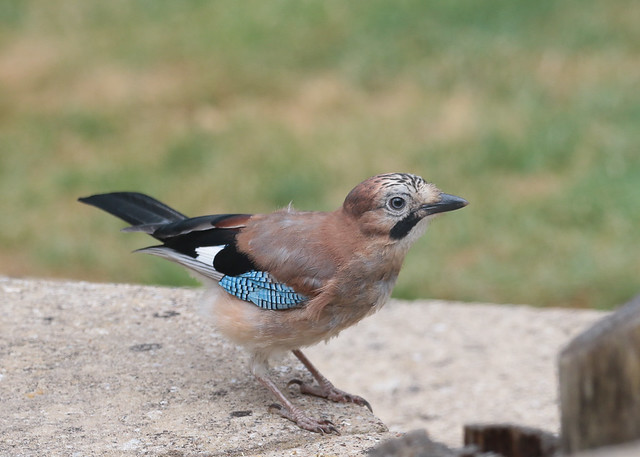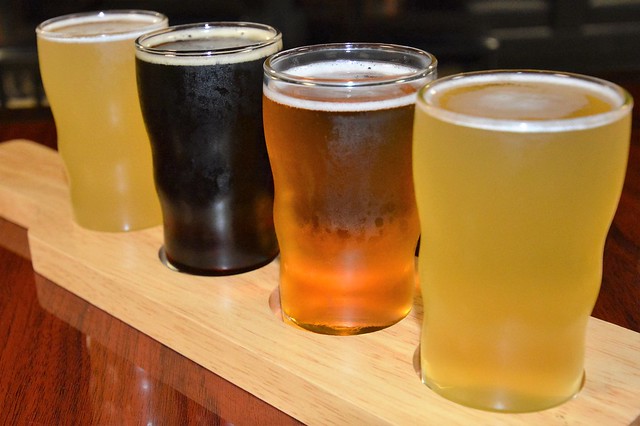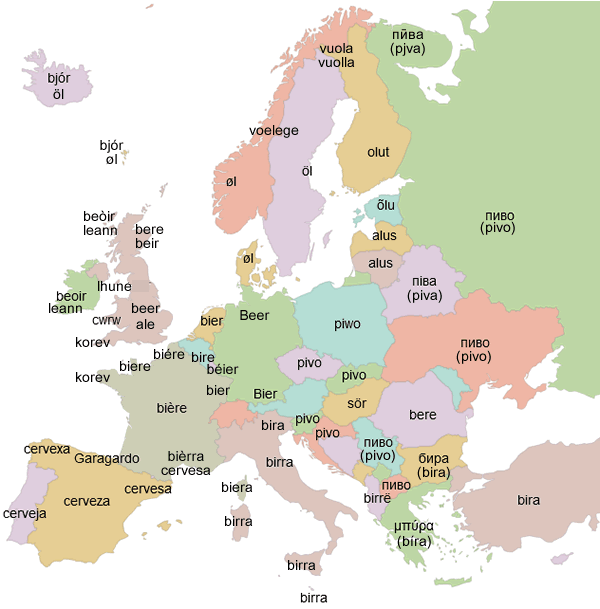The French word chez [ʃe] is used to mean ‘to, at, in or into a home, office etc’. For example, chez moi means ‘at my house’, and chez le dentiste means ‘at the dentist’.
It can also mean ‘to, at or in a country or other place’, e.g. une spécialité bien de chez nous = ‘a true specialty of our country’. In the title of this post I use chez nous to indicate we are in the world of Omniglot.
Other meanings include: ‘in or among a group of people or things of the same type’, e.g. chez les chiens = ‘among dogs’, or ‘in the work of an author or artisit’ – chez Baudelaire = ‘in Baudelaire’s work’ [source].
It has been borrowed into English and just means ‘at the home of’ [source].
Chez comes from the Middle French chez (in the house/home of), from the Old French chies (house), from the Latin casa (hut, cottage, cabin, small farm, dwelling, house), the origins of which are uncertain [source].
The French word case [kaz], which means a box or a square in a board game, and used to mean a hut, cabin or shack, comes from the same roots, as do words like casino in English (via Italian), and casa, which means house in most Romance languages [source].
Another word for house in Spanish is hogar [oˈɡaɾ], which appeared in my Spanish lessons today and inspired this post. It also means fireplace, hearth, fireside, furnace, home, home life, family life, housekeeping, homeland or household.
Is it used more in some Spanish-speaking countries than in others?
It comes from the Old Spanish fogar, from the Vulgar Latin focāris, from the Latin focus (fireplace, hearth, brazier, house, family), the origin of which is uncertain [source].
Related words in Spanish include hogareño (home, family, fireside; (of a person) home-loving, stay-at-home), hoguera (bonfire, blaze) and hogaraza (large loaf, cottage loaf).
Related words in other languages include focus and foyer in English, words for fire in Romance languages, such as fuego in Spanish and feu in French [source], and a Greek word for brazier, φουφού [fuˈfu], via Turkish and Italian [source].

